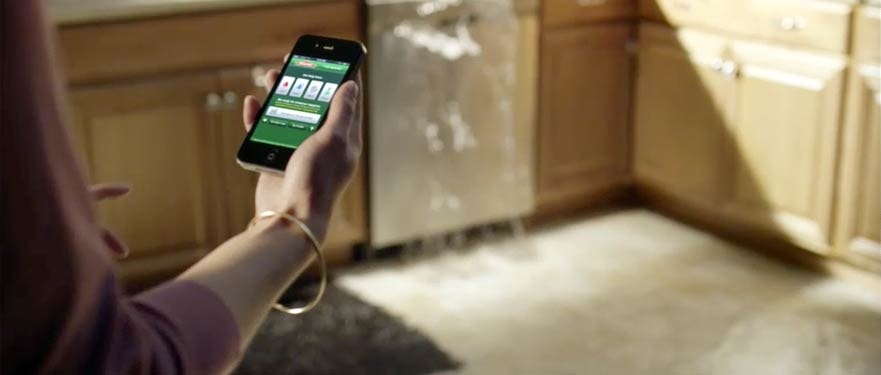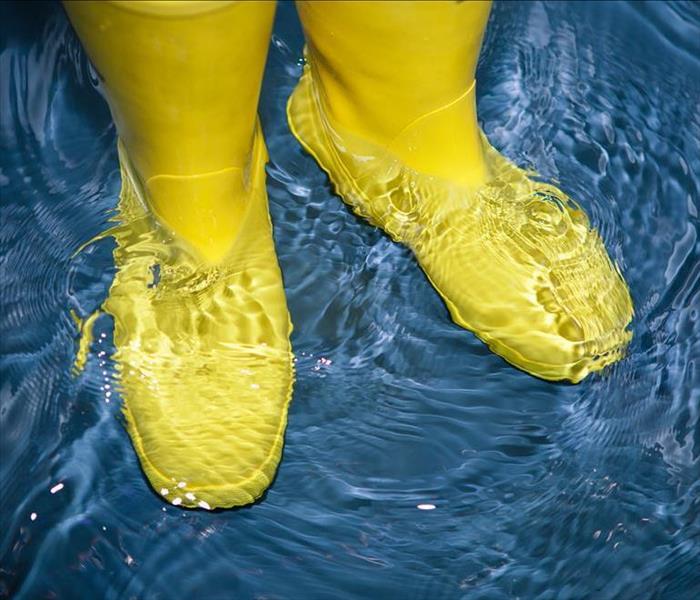
Water Damage Emergency Tips
What you can do until help arrives
Water Tips | Fire Tips | Biohazard Tips | Mold Tips
Water damage can be a costly and stressful situation for homeowners and commercial business owners alike. Here are some tips to help prevent and mitigate water damage:
For Homeowners:
Inspect and maintain your home's plumbing: Regularly inspect and maintain your home's plumbing to ensure that there are no leaks or damaged pipes. If you do discover a leak, have it repaired immediately to prevent further damage.
Install a sump pump: If you live in an area prone to flooding or heavy rainfall, consider installing a sump pump in your basement to prevent water from seeping into your home.
Monitor your appliances: Check your appliances, such as your washing machine and dishwasher, for signs of wear and tear or leaks. Replace any damaged or worn parts as soon as possible.
Keep gutters and downspouts clean: Regularly clean out your gutters and downspouts to ensure that water is properly directed away from your home.
Know where your shut-off valves are: In the event of a water emergency, it's important to know where your shut-off valves are located. Make sure all household members know where they are and how to turn them off.
Have A Water Damage Emergency? Call (208) 849-4045
What To Do After Flooding
- Remove excess water by mopping and blotting.
- Wipe excess water from wood furniture after removal of lamps and tabletop items.
- Remove and prop wet upholstery and cushions.
- Place aluminum foil or wood blocks between furniture legs and wet carpeting.
- Turn air conditioning on for maximum drying in summer.
- Remove colored rugs from wet carpeting.
- Remove art objects to a safe, dry place.
- Gather loose items from floors.
What NOT To Do After Flooding
- Don't leave wet fabrics in place. Hang furs and leather goods.
- Don't leave books, magazines or other colored items on wet carpet or floors.
- Don't use your household vacuum to remove water.
- Don't use television or other household appliances.
- Don't turn on ceiling fixtures if ceiling is wet, and keep out of rooms where ceilings are sagging.

 24/7 Emergency Service
24/7 Emergency Service



